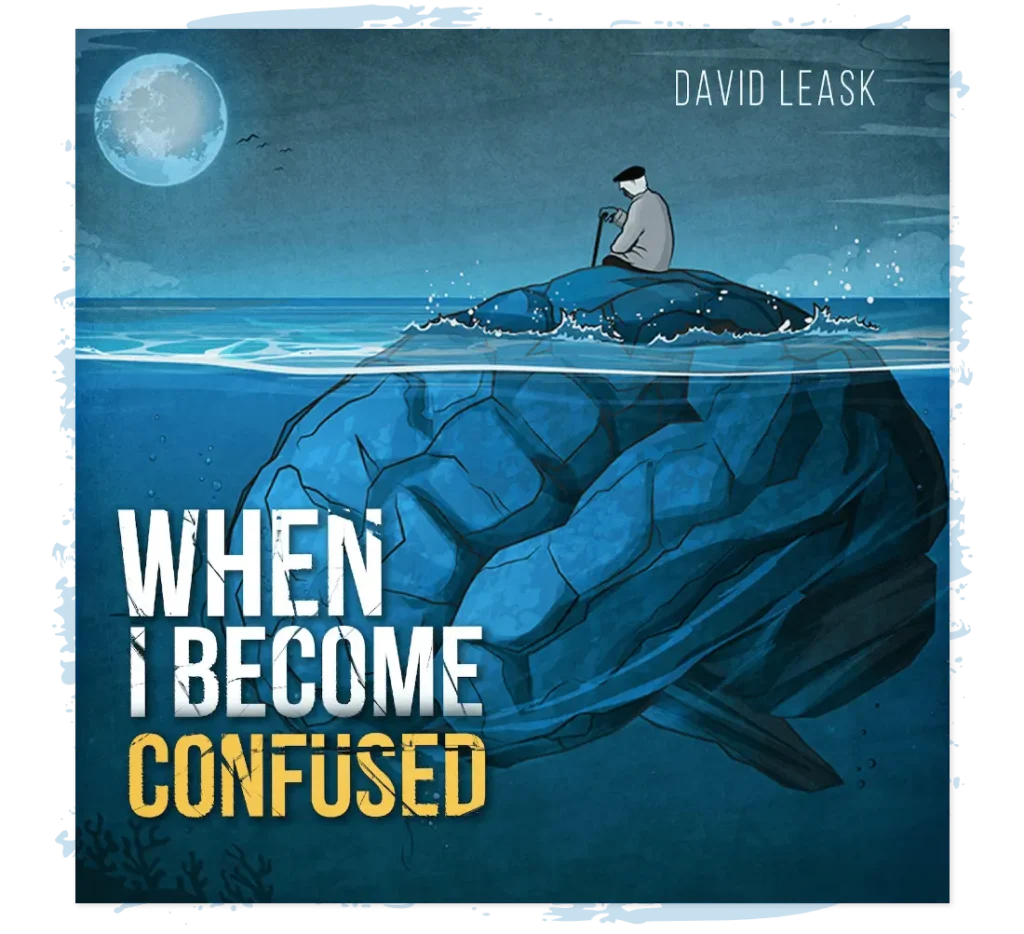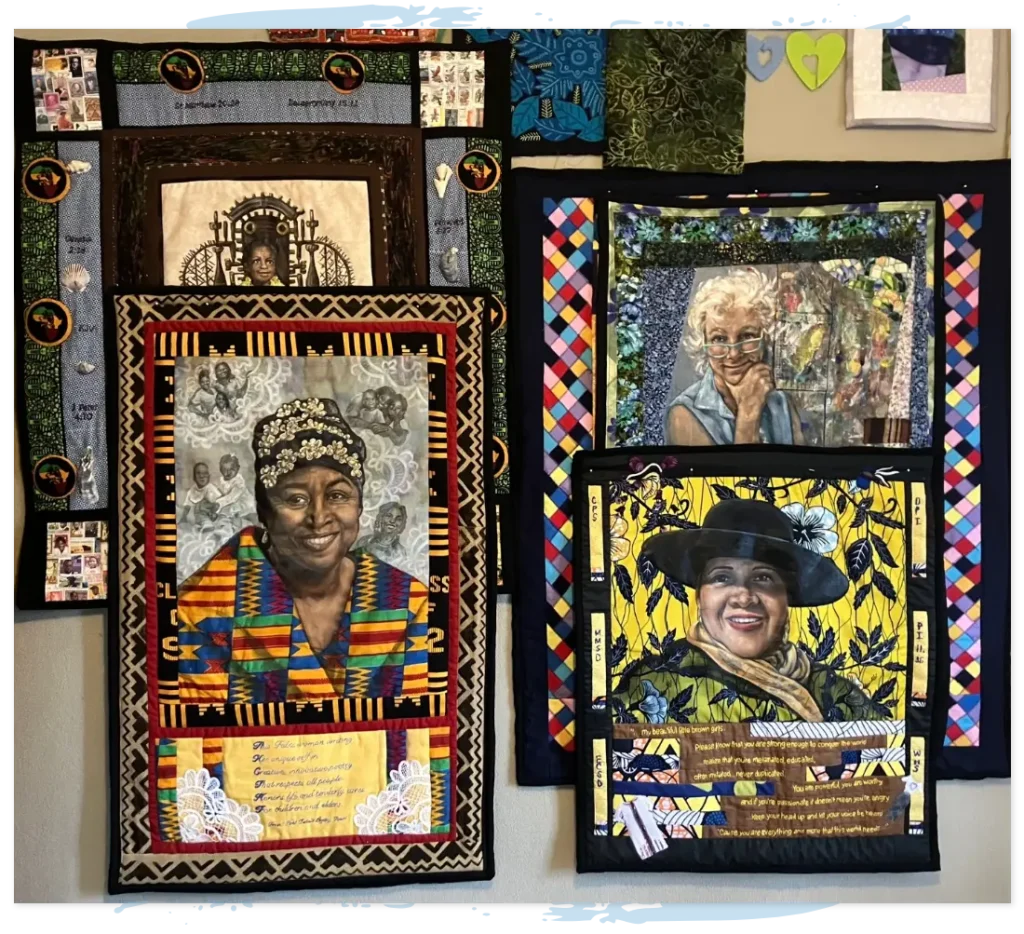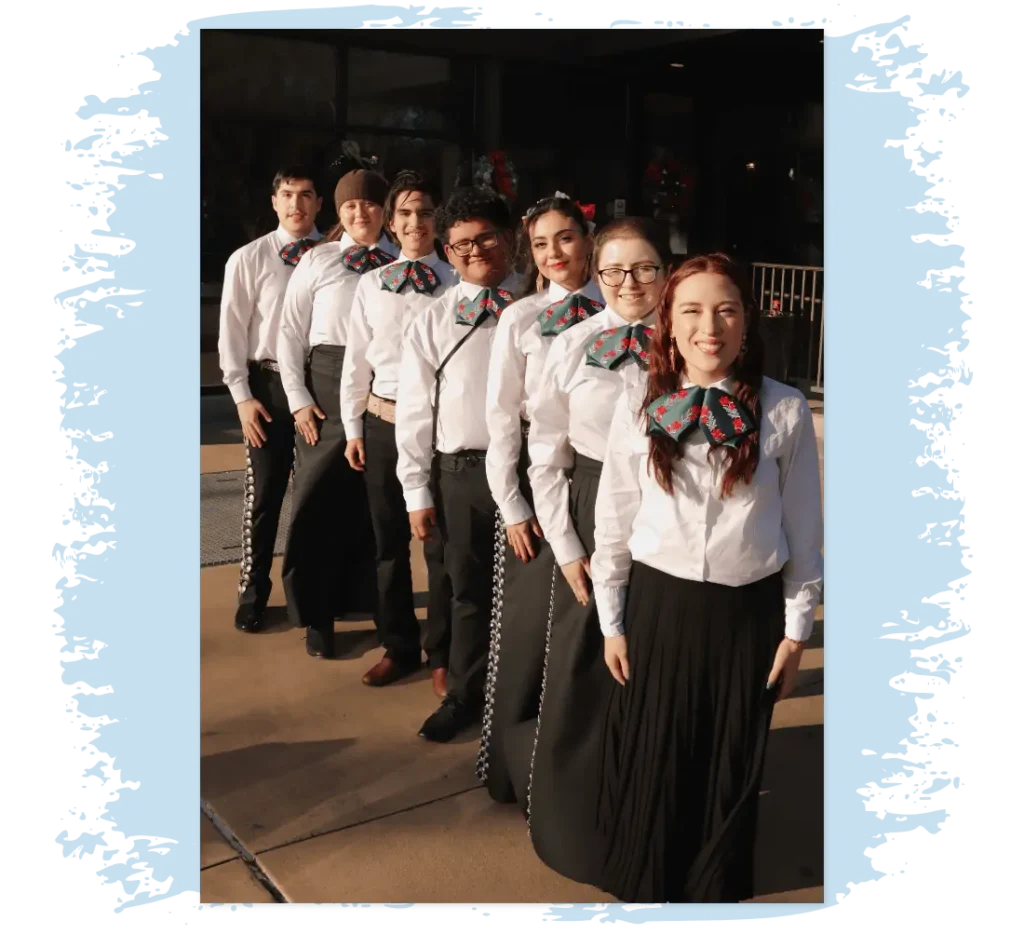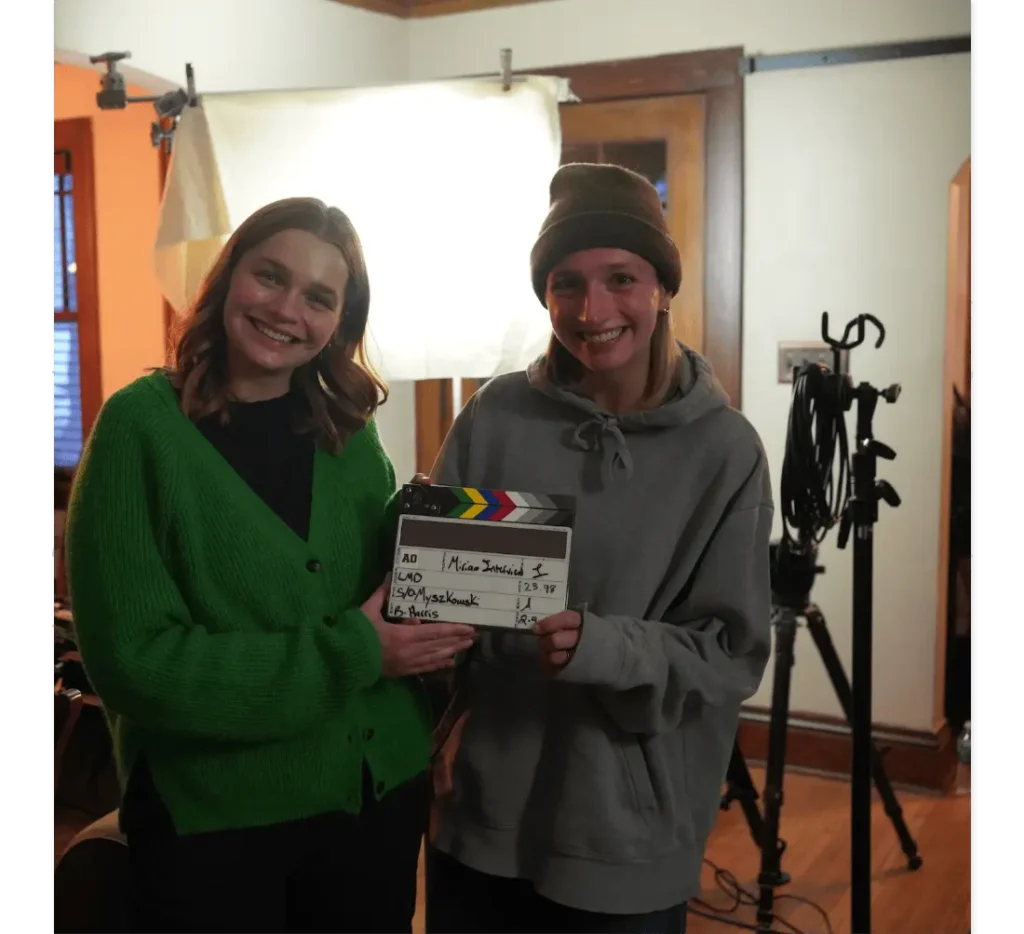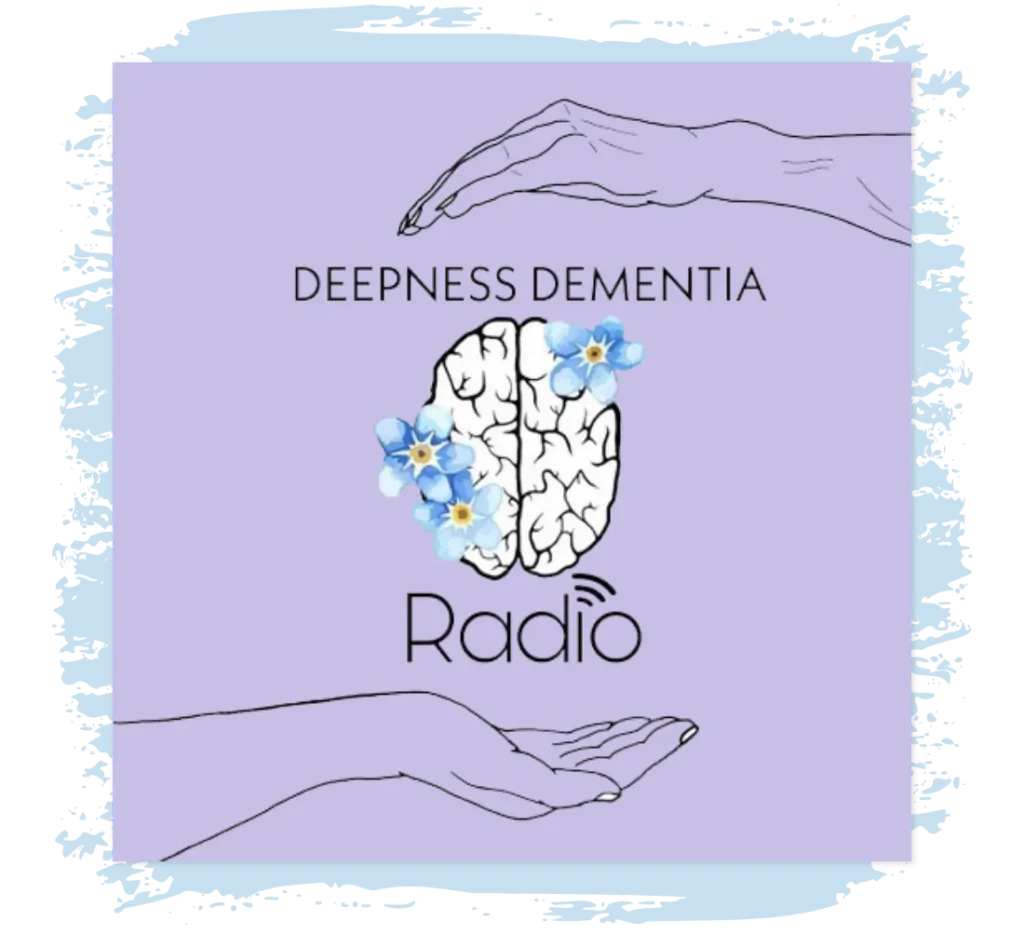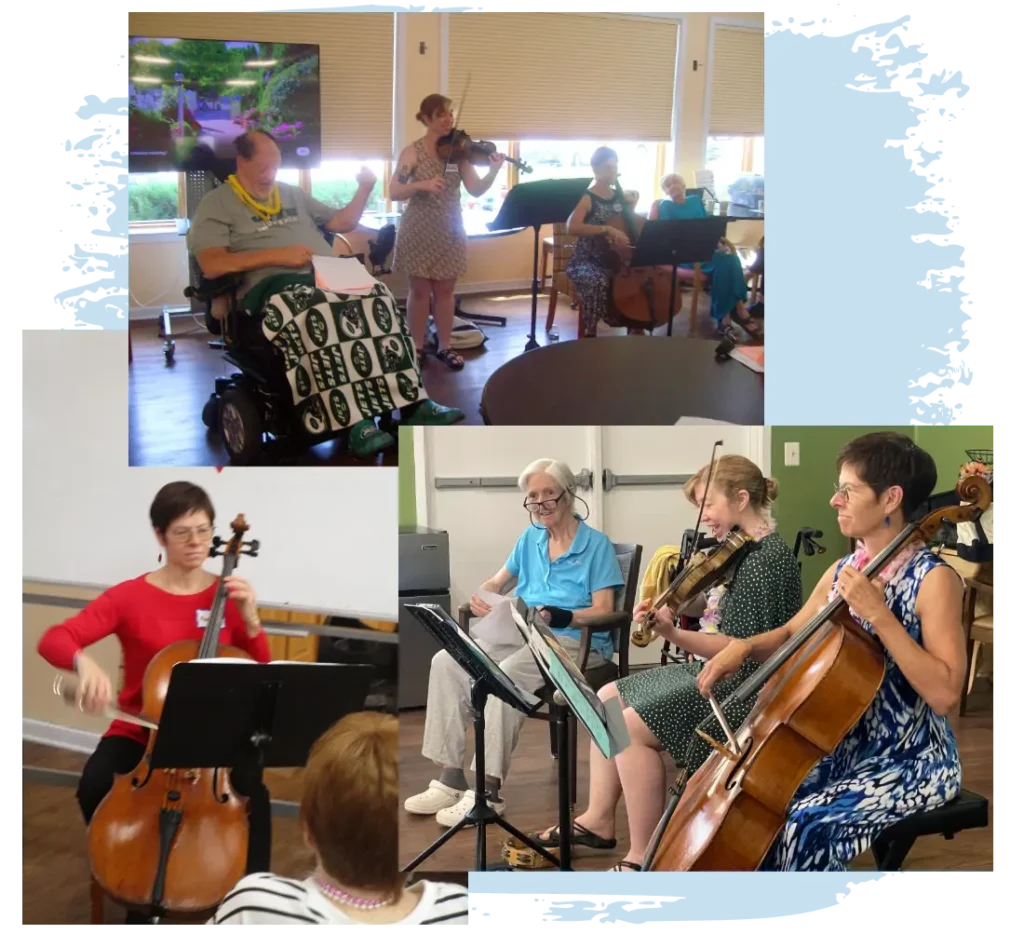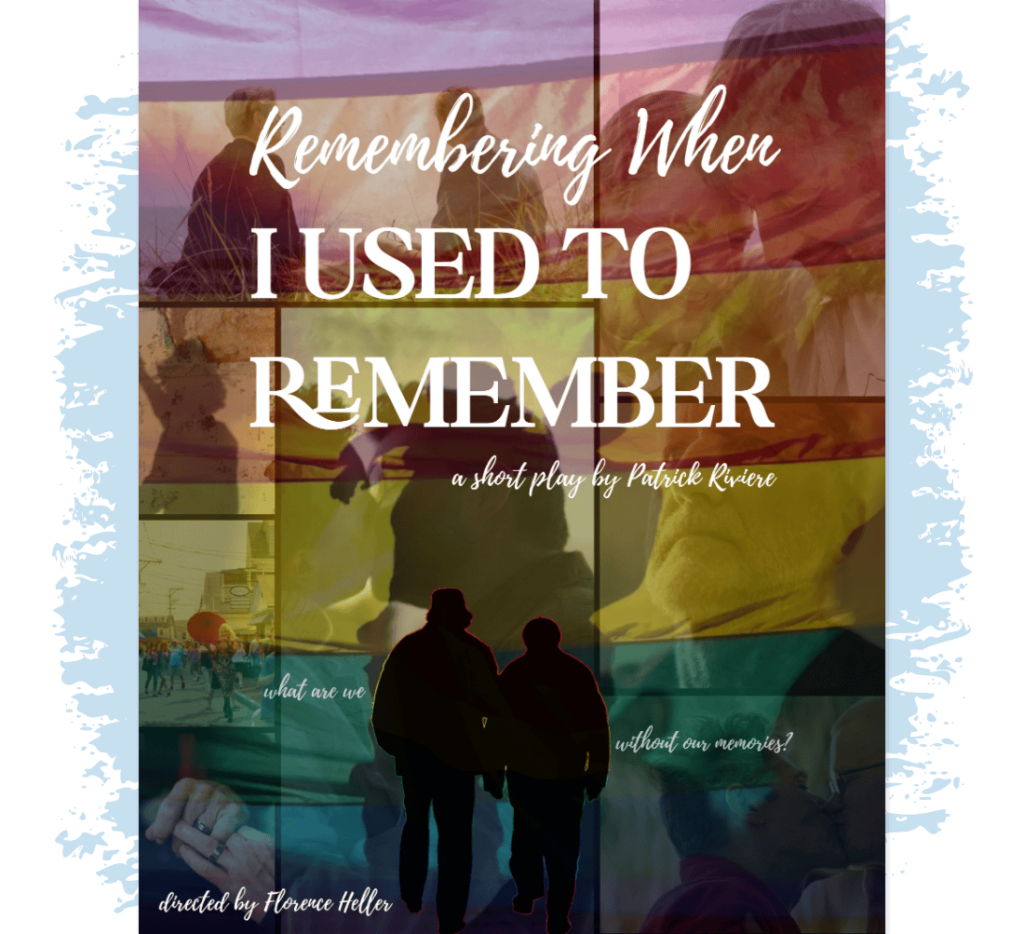Mealtime rituals are important for families, children and older adults too. For people with dementia and Alzheimer’s disease, staying engaged in the act of cooking, serving and eating keeps them connected, appreciated and joyful. Especially when loved ones do these things with them. For many who loved to cook, loosing the ability to follow recipes can be frustrating and traumatic. Mary Lou Grace Robison expressed the pain of loosing the ability to cook in her portrait Lost Recipes, painting her grandmother Lou’s hands over a collection of handwritten recipes she discovered one day long after Lou had passed away.
Watching people prepare and serve meals can provide clues into how far along their dementia is. Some signs of worsening dementia might include:
- Doing things in the wrong order
- Mixing up ingredients or forgetting their names
- Leaving the stove on when cooking is done
- Cooking but then forgetting to eat entirely
When these begin to happen, it’s time to think about supporting them in meal preparation, but also time to evaluate their overall nutrition status. Weight loss, protein calorie malnutrition and muscle wasting are more common when people with dementia are left on their own.
Cooking is like art, it takes creativity and inspires joy. Use cooking and eating as an opportunity for conversation and connection with these tips:
- Shop together, pick out fresh, colorful ingredients
- Prepare meals together to activate the senses (smells & sounds)
- Reminisce and converse about food and family recipes
- Involve people in what they can do instead of focusing on what they cannot do
Persons living with dementia will play different role in meal preparation than before, but they can still be involved. Using a cleaver might be impossible, but peeling potatoes and adding spices is still within reach.
Lost Recipes reminds us that our relationship to food, cooking and eating may change, but there are ways to stay involved, maintain feelings of identity and positively impact quality of life.
Helpful resources related to mealtimes and cooking in dementia:
https://www.alz.org/help-support/caregiving/daily-care/food-eating
https://www.nia.nih.gov/health/infographics/tips-make-mealtimes-easier-people-alzheimers


